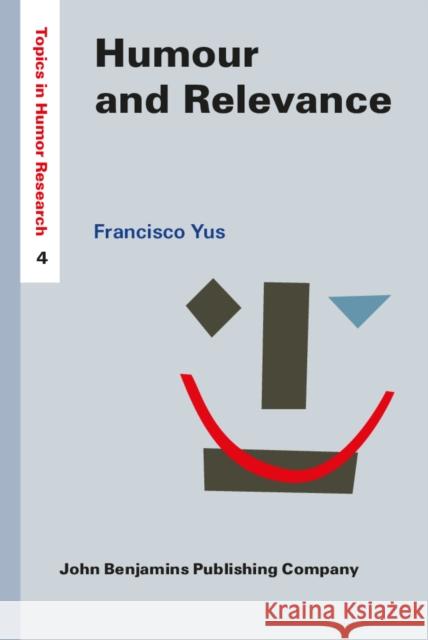Humour and Relevance » książka
Humour and Relevance
ISBN-13: 9789027202314 / Angielski / Twarda / 2016 / 367 str.
This book offers a cognitive-pragmatic, and specifically relevance-theoretic, analysis of different types of humorous discourse, together with the inferential strategies that are at work in the processing of such discourses. The book also provides a cognitive pragmatics description of how addressees obtain humorous effects. Although the inferences at work in the processing of normal, non-humorous discourses are the same as those employed in the interpretation of humour, in the latter case these strategies (and also the accessibility of contextual information) are predicted and manipulated by the speaker (or writer) for the sake of generating humorous effects. The book covers aspects of research on humour such as the incongruity-resolution pattern, jokes and stand-up comedy performances. It also offers an explanation of why ironies are sometimes labelled as humorous, and proposes a model for the translation of humorous discourses, an analysis of humour in multimodal discourses such as cartoons and advertisements, and a brief exploration of possible tendencies in relevance-theoretic research on conversational humour.











